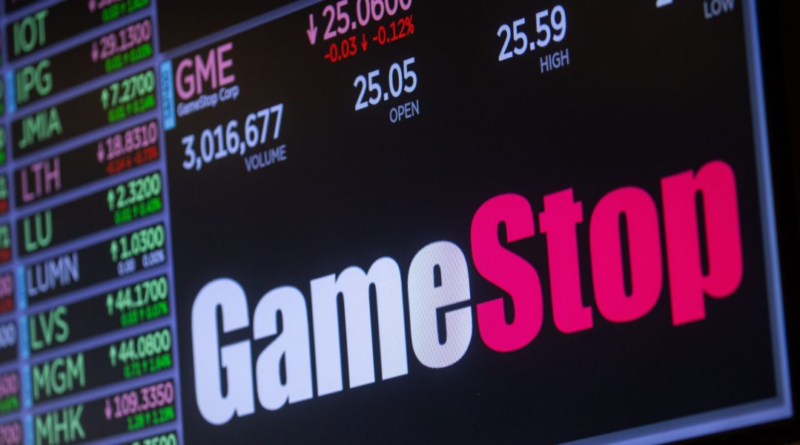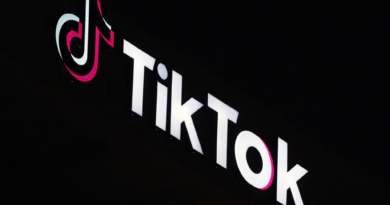GameStop investor drops pump-and-dump lawsuit against ‘Roaring Kitty’ just 3 days after filing it
A lawsuit accusing popular stocks influencer Keith Gill, better known as “Roaring Kitty,” of engaging in a “pump and dump” scheme involving GameStop Corp. shares was dropped within days of its filing.
In a proposed class action filed Friday in Brooklyn, New York, federal court, GameStop shareholder Martin Radev sued Gill for securities fraud, claiming he was seeking to manipulate the stock for his own gain. In a court filing late Monday afternoon, Radev said he was voluntarily dismissing the lawsuit.
It’s unclear why Radev dropped the suit, and his lawyers didn’t immediately respond to requests for comment. The dismissal was without prejudice, meaning he is free to file the suit again.
Gill also didn’t respond to an email seeking comment.
One of the public faces of the 2021 meme-stock craze, Gill amassed more than a million followers across his “Roaring Kitty” YouTube channel and “DeepF***ingValue” Reddit page. He reemerged in May and again began posting about Gamestop on X, the social media platform formerly known as Twitter.
The suit alleged that Gill acquired 120,000 call options in GameStop before he began posting about the company in May. The stock, which had been trading around $17 just before Gill began to post, soared to $48.75 on May 14.
On June 2, he revealed that he owned 5 million shares of GameStop and 120,000 call options that were set to expire on June 21. By June 13, Gill’s holdings had risen to more than 9 million shares of GameStop with no outstanding call options.
Gill “quietly sold and/or exercised (i.e., dumped) all 120,000 of his GameStop call options for a large profit, seemingly to increase his own stake in GameStop stock by over 4 million shares,” Radev said in the suit.
GameStop shares have since fallen, though they’re still higher than they were before Gill’s posts. They closed at around $23 on Monday afternoon.
GameStop’s recent rise was less pronounced than during the meme-stock frenzy. The company surged more than 1,700% during one stretch in January 2021, and the stock’s stratospheric rise appeared to pit scrappy individual investors against sophisticated hedge funds that were heavily shorting the troubled mall retailer.
On Monday, Chewy Inc. shares spiked as much as 10% after Gill disclosed a 6.6% passive stake in the online pet food and product retailer.
The filing with the US Securities and Exchange Commission came days after the investor posted a photo with a puppy without any comment on X. The post briefly sent the pet food retailer to a one-year high on Thursday.
The case is Radev v. Gill, 24-cv-04608, US District Court, Eastern District of New York.




